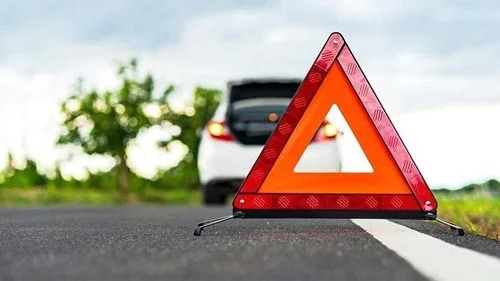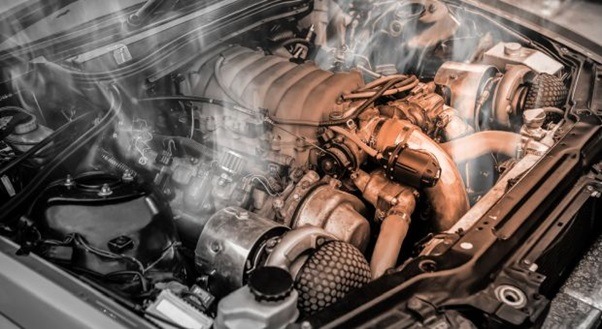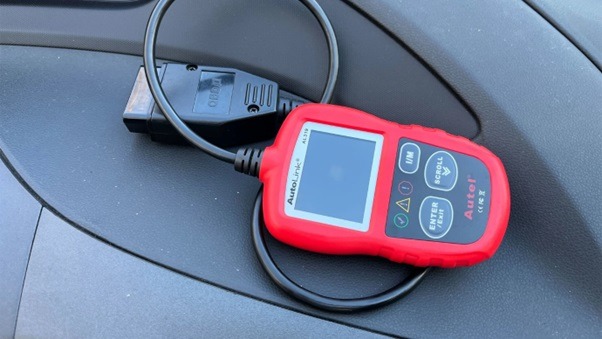Maintaining a healthy and safe vehicle is crucial for any car owner, and one of the most important aspects of this is being able to spot potential car issues before they become major problems. After all, a small issue that is ignored or left unaddressed can quickly spiral into a larger and more expensive problem down the road.
From strange noises and smells to unusual driving behavior, there are a variety of warning signs that can indicate potential engine issues. The engine is undoubtedly one of the most important components of any car, and as such, it is critical to keep it running smoothly and efficiently.
How to Predict Potential Issues?
As any automotive enthusiast knows, maintaining a car is just as important as driving it. After all, without proper maintenance, even the most expensive and well-made cars can quickly fall victim to various issues. One of the keys to keeping your car running smoothly is being able to predict and prevent potential issues before they become major problems.
For starters, using websites like Carcomplaints or NHTSA is a great way to get an idea of the most common issues for each make, model, and year of car. These sites allow users to report and track complaints about their cars, providing valuable insight into potential issues to look out for. By researching your car on these sites, you can learn about common problems and what symptoms to look out for. For example, if you own a 2010 Toyota Camry, you might discover that transmission issues are a common problem for this model year. With this knowledge, you can watch for any warning signs and take preventative action before the problem becomes serious.
Another great resource for predicting potential car issues is online forums. These forums allow car owners to discuss their experiences with others who own the same make and model of car. By reading through these discussions, you can gain valuable insight into common issues and how to prevent them. For example, if you own a 2015 Honda Accord, you might discover that the car tends to burn oil. By reading through forum discussions, you can learn about preventative measures such as using a higher-quality oil or changing the oil more frequently.
And let’s not forget that regular maintenance is key to preventing potential car issues. By following the manufacturer’s recommended maintenance schedule and performing regular check-ups on your car, you can catch potential problems early and prevent them from becoming major issues. This includes tasks such as changing the oil and air filters, checking fluid levels, and inspecting the brakes and tires.
Do You Need Special Tools to Diagnose Issues?
It can be frustrating to diagnose car issues without the proper tools. Luckily, there are a variety of diagnostic tools available to car owners that can make the process much easier and more accurate. One of the most essential tools in a pro car owner’s arsenal is an OBD scanner.
An OBD scanner is an onboard diagnostics tool that plugs into your car’s onboard diagnostics system port and pulls the error codes to see what’s happening. These codes can provide valuable information about what’s causing a problem, making it easier to diagnose and fix the issue. While OBD scanners were once only available to professional mechanics, they are now readily available to consumers at various price points. With prices ranging from $20 to $200 for a decent unit, a small investment in an OBD scanner could pay off significantly.
When your car’s onboard diagnostics system detects a problem, it stores an error code in its memory. An OBD scanner can access this memory and retrieve the code, providing valuable information about what’s causing the issue. Some OBD scanners simply display the error code, while others provide more detailed information about what the code means and how to fix it. Instead of guessing what might be wrong with your car or taking it to a mechanic for an expensive diagnosis, an OBD scanner can provide valuable information about what’s causing the issue.
While an OBD scanner can be a helpful tool for diagnosing car issues, it’s important to note that there are some disadvantages to relying solely on error codes to identify problems. One of the main issues with OBD codes is that they are not always a definitive diagnosis.
For example, let’s say an OBD scanner detects an error code related to an oxygen sensor. While this code may indicate a failed sensor, it could also be caused by a range of other issues, including a failing injector, vacuum leaks, or bad spark plugs. So it helps to narrow down the options, but do not expect it to give unambiguous answers.
Most Common Car Problems & Fixes
Some car problems are just universal for any make and model. They can be linked to the engine type, design choices or materials used. And the most annoying and common ones include ignition, fuel system, battery, oil and tire issues. They are mostly preventable with due maintenance and observation.
Few things are more frustrating than a car that won’t start, and oftentimes, a bad battery is to blame. Signs of a dying battery can include slow engine cranking, dim headlights, and a battery warning light on your dashboard. To fix the problem, you may need to replace the battery or have it tested to determine if it simply needs a recharge.
Another common issue that can cause your car to sputter or stall is a problem with the ignition coils or spark plugs. Symptoms of a faulty ignition system can include engine misfires, rough idling, and reduced fuel economy. If you suspect a problem with your ignition system, it’s important to have it diagnosed and repaired promptly to avoid further damage to your engine.
Your car’s fuel system is responsible for delivering gasoline to the engine, and issues with this system can cause a range of problems, including poor performance and reduced fuel economy. Common fuel system issues can include clogged fuel filters, faulty fuel pumps, and dirty fuel injectors. Regular maintenance, such as fuel system cleanings and filter replacements, can help keep your car running smoothly.
While it may not seem like a big deal, neglecting to change your car’s oil on a regular basis can cause serious damage to your engine over time. Dirty or low oil levels can lead to increased engine wear and tear, reduced fuel economy, and even engine failure. Be sure to check your owner’s manual for recommended oil change intervals, and stick to a regular schedule to keep your car in top condition.
Last but not least, tire problems can be a major headache for drivers. From punctured tires to worn treads, there are a number of issues that can cause your tires to fail. To avoid tire troubles, it’s important to regularly inspect your tires for signs of wear and tear, such as cracks, bulges, or worn treads. Additionally, keeping your tires properly inflated can help extend their lifespan and improve your car’s overall performance.



